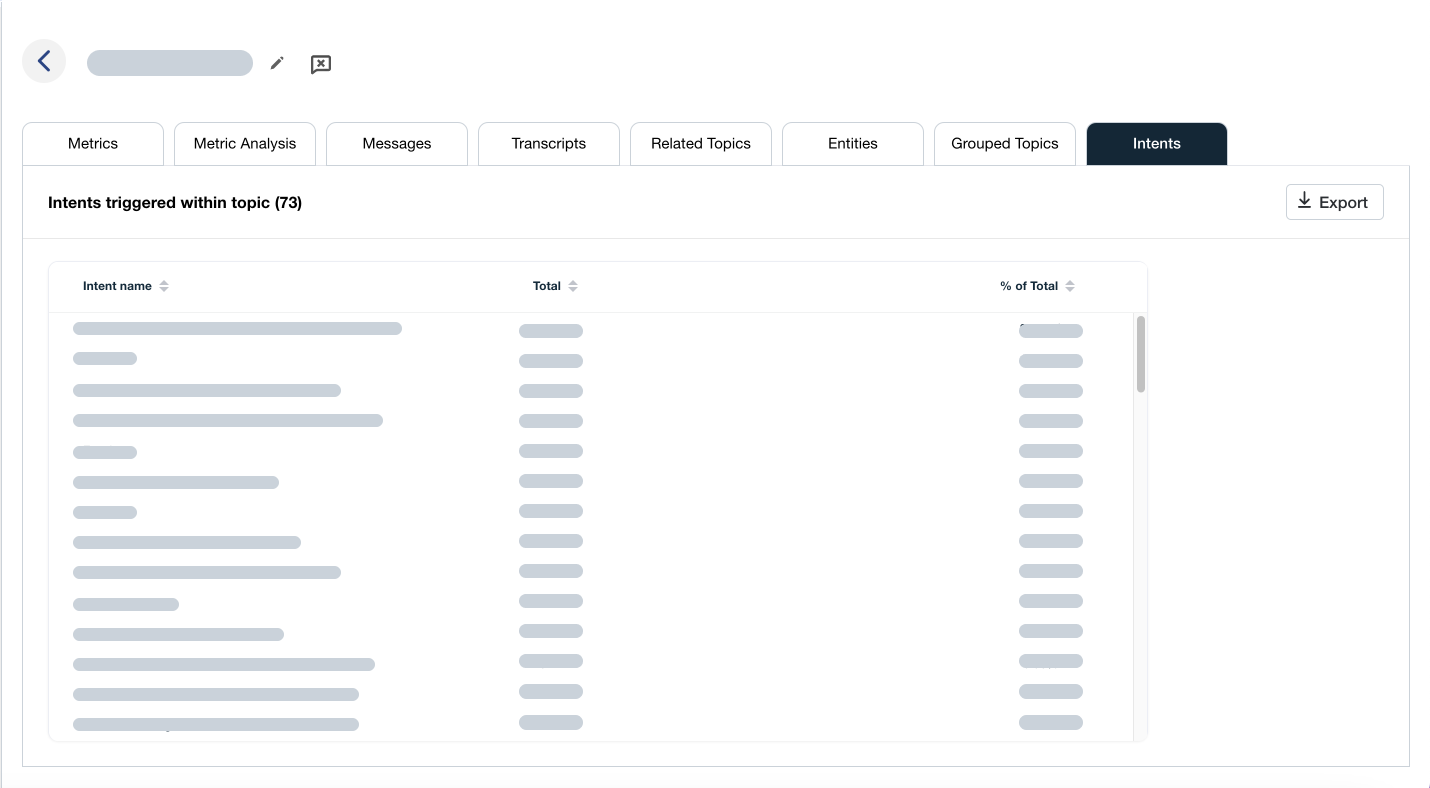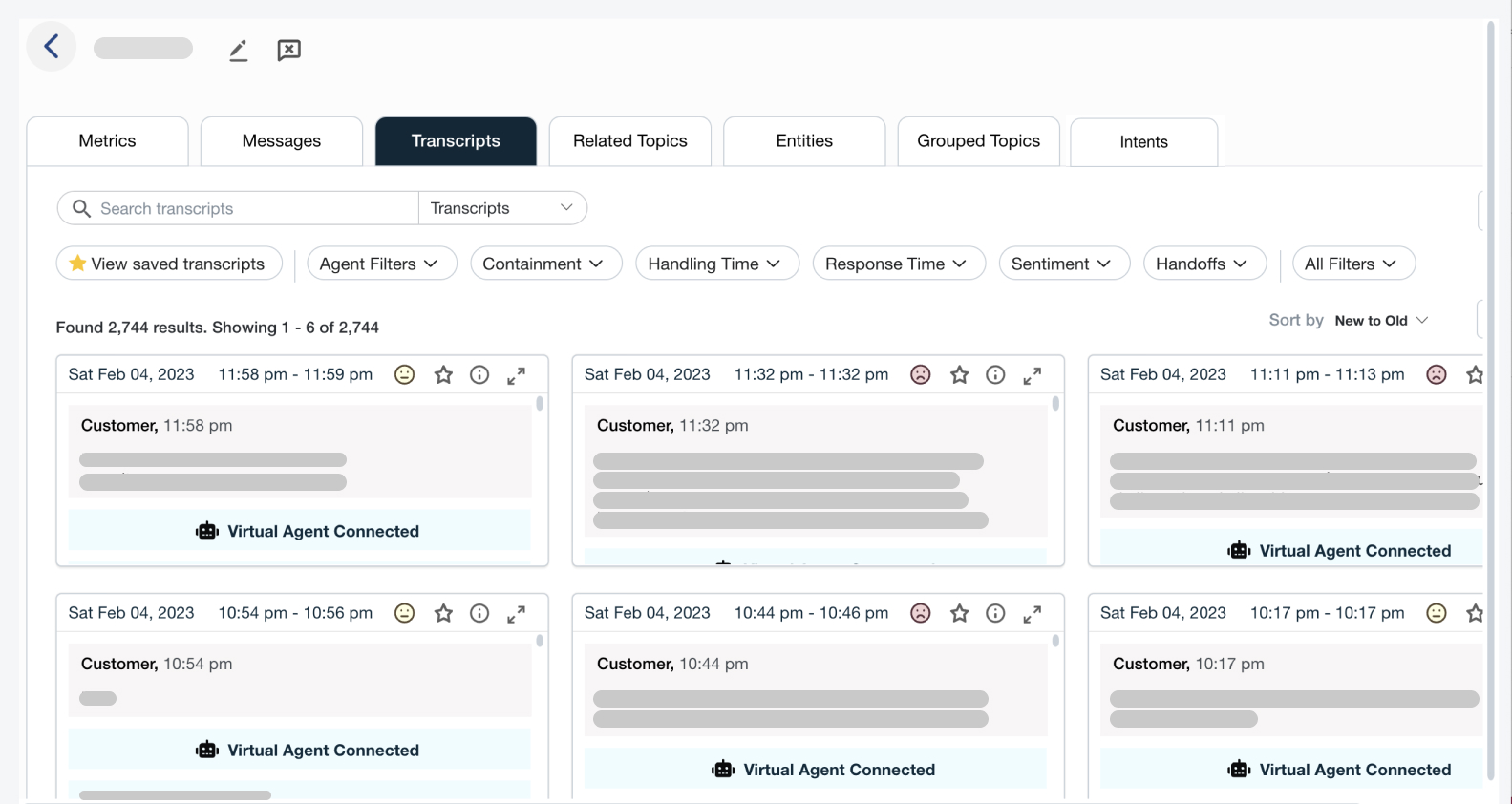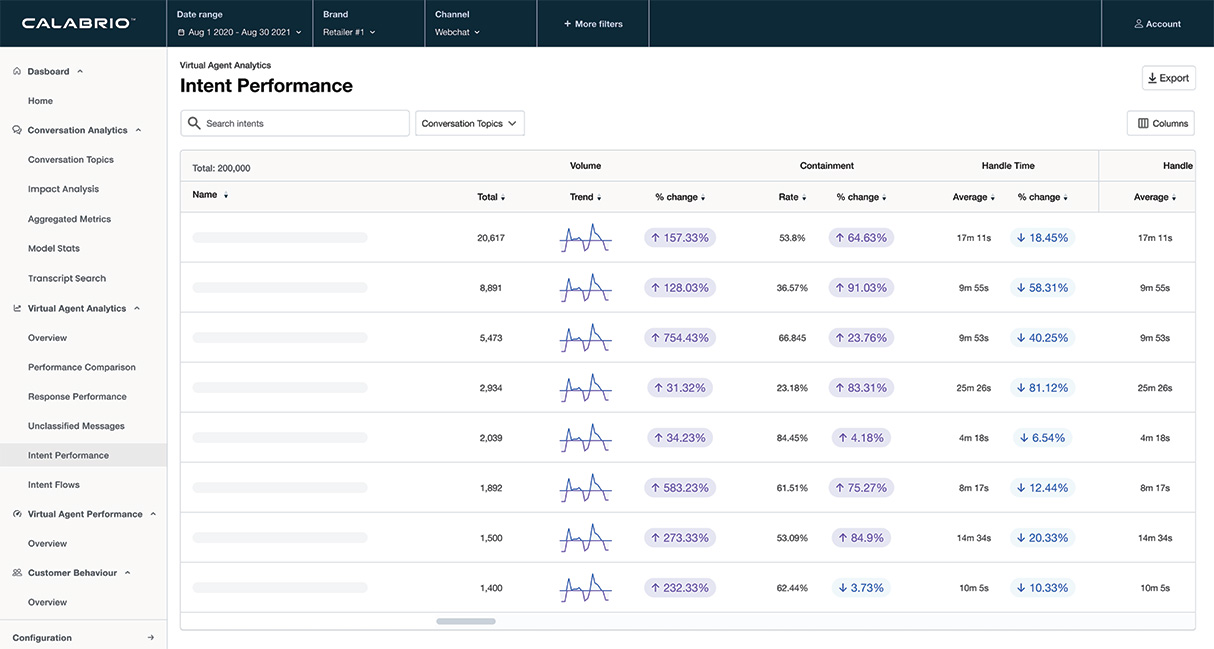Why Scalability is Important in a Call Recording Platform

In the communications industry, the word “scale” is typically associated with the addition of more equipment—a notion that is also tied to more cost and complexity.
At Calabrio, however, we feel that scalability should be less about growing bigger, and instead growing better. We strive to make activities in the contact center simpler, yet more productive, so that agents and managers can spend less time on IT and more time focusing on what really matters to their business: the customer.
Sticking to this approach, we recently enhanced our call recording platform to redefine the concept of scalability. By tripling its efficiency, the amount of required infrastructure is reduced, therefore simplifying operating and maintenance processes. The enhanced call recording platform provides contact centers the technology to further increase productivity while reducing overall costs.
By simplifying the call recording architecture, users can now do three times more with three times less architecture, allowing contact centers to see the following benefits:
1. Increased Efficiency
The enhanced call recording platform includes an updated threading model that converts the platform to a 64 bit solution, increasing the speed of call capture and processing. Additionally, call capture can now take place at the desktop and then be synced to the server later for dramatically improved bandwidth. In a gateway environment, users can deploy recording technology at different points in the network, allowing administrators to mix and match installation scenarios to create the best configuration for their individual needs.
2. Increased Reliability
Due to re-architected signaling, the enhanced call recording platform significantly increases reliability. The platform now takes a round robin signaling approach that enables active CTI services, and incorporates automatic failover and backup to reduce recovery time in the event of an outage.
3. More Flexible Recording Options
In addition to the ability to customize capture methods in a variety of environmental scenarios, the enhanced call recording platform allows users to correlate rich metadata to the recording and associate with specific legs of a call.
4. Lower TCO
Simply put, more efficient architecture allows users to do more with less. The number of servers needed is reduced, therefore reducing the amount of infrastructure components needed as well as the associated cost. In addition to savings in initial CAPEX, the long term OPEX costs are now even lower because there are fewer pieces of equipment that need to be maintained.
Together, these features provide contact centers the opportunity to leverage simple yet powerful infrastructure in order to do more with less. By reducing complexity, contact centers can lower costs, increase productivity and efficiency, resulting in improved operations and customer service.
We recently won a deal that perfectly illustrates the very real value of these enhancements for customers. This customer required a recording solution that recorded 100% of their transactions reliably, a capability they were unable to achieve with their previous vendor. In addition, the solution calls for recording 10,000 total seats across the enterprise, including contact center and UC phones. The enhancements to our call recording platform increased our concurrent call recording metrics by over three times, driving lower total cost of ownership and simplifying deployment scenarios. These efficiencies allow us to support the requirements of this customer with roughly 1/3 of the servers that competitive solutions would require. That results in savings of hundreds of thousands of dollars in CAPEX, and significantly simplifies the ongoing hardware and application maintenance to reduce downstream support costs year after year.









